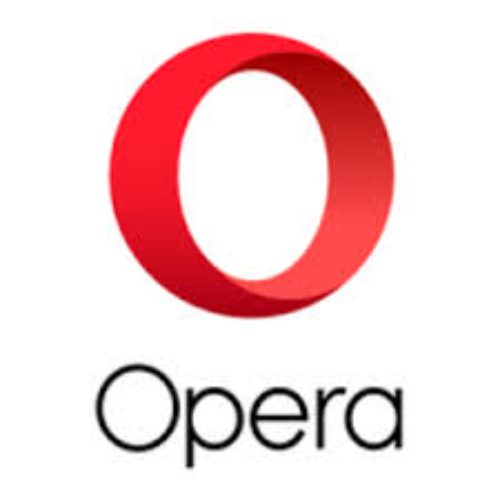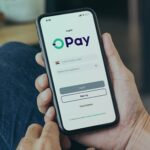
Opera, a name once exclusively tied to its web browser, has expanded significantly over the years. From its origins in Norway, the company now provides a variety of products and services beyond just browsing.
In a recent interview with Opera’s Executive Vice President for Mobile, Jorgen Arnesen, I explored the company’s “Africa First” initiative, which has been pivotal in shaping its strategies in the region.
Opera’s rise in Africa was partly due to its collaboration with Nokia, which greatly expanded the use of its browser, particularly the Opera Mini. Opera has been around since April 1995, making it one of the longest-serving and most actively maintained desktop browsers in the market today.
Three years ago, Opera introduced its “Africa First Approach,” prioritizing mobile products designed specifically for African users. Arnesen explained that the company saw Africa as a continent with vast untapped potential. A GSMA report highlighted that out of the 1.1 billion people in Sub-Saharan Africa, only 300 million were online—less than 30%. However, by 2025, projections indicate that over 678 million people in the region will have internet access.
Opera’s commitment to this vision became clear with the launch of Opera News two years ago. It has since grown into Africa’s leading news and content app, boasting 25 million active users as of the third quarter of 2020.
To improve the user experience, Opera has also established data centers in Lagos and Mombasa to enhance connectivity and make its services faster and more reliable across the continent.
Despite seeing growth in Africa, with 150 million monthly active users by Q3 2020, the company has faced challenges. In response to high data costs, Opera has partnered with network providers to offer free data to African users, helping to reduce the barriers to accessing its products.

While these partnerships are similar to Opera’s efforts in countries like Indonesia and Germany, the company has noticed that data costs in Africa are higher than in other regions. Arnesen shared a comparison, noting that in Norway, where the GDP per capita is $81,697, the cost of 1GB of data is $5.28, whereas in South Africa, with a GDP per capita of $6,374, it costs $4.30.
A significant issue in Africa, according to Arnesen, is the lack of data access for many people, as they run out of data daily due to financial constraints. Additionally, the continent has a wider variety of low-end smartphones than other parts of the world, which poses challenges for app development and usage.
Opera’s efforts in the region are showing promise. Arnesen mentioned that, based on Opera’s recent earnings call, the revenue per user in Africa is considerably lower than in developed markets like Germany. However, with plans to boost monetization, Opera has developed a custom advertising platform and appointed a Global Head of Advertising Operations in South Africa.
In August, Opera launched “Opera for Business,” a digital services agency developed in partnership with Google Nigeria. This initiative helps local businesses establish an online presence, offering services like advertising, website creation, and other optimizations. The program features three different pricing plans, with the most affordable plan costing a one-time $10 fee.
Arnesen also revealed that Opera is in talks with banks, telecom companies, and other organizations to further expand its service offerings. Although he did not disclose any specific data on the adoption of “Opera for Business” in Nigeria, he noted that the response has been positive, despite challenges such as the EndSARS protests.
Looking ahead, Opera continues to innovate, having recently teamed up with Mdundo to offer free music streaming channels via Opera Mini. It has also rolled out new features like file sharing, a download manager, and an offline reading mode. With these features and additional services in the pipeline, Opera aims to make staying connected in Africa even easier.


